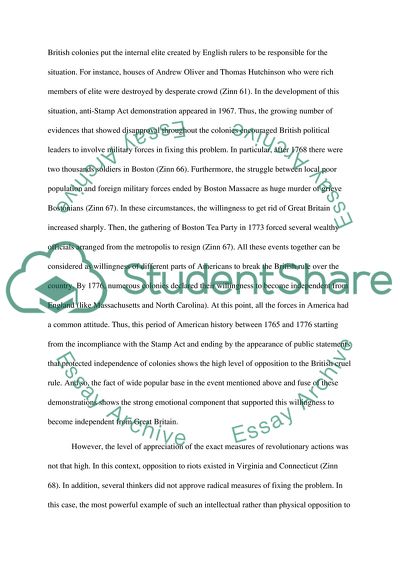Cite this document
(United States Political History Coursework Example | Topics and Well Written Essays - 3250 words, n.d.)
United States Political History Coursework Example | Topics and Well Written Essays - 3250 words. https://studentshare.org/history/1841364-united-stataes-polictial-scicence
United States Political History Coursework Example | Topics and Well Written Essays - 3250 words. https://studentshare.org/history/1841364-united-stataes-polictial-scicence
(United States Political History Coursework Example | Topics and Well Written Essays - 3250 Words)
United States Political History Coursework Example | Topics and Well Written Essays - 3250 Words. https://studentshare.org/history/1841364-united-stataes-polictial-scicence.
United States Political History Coursework Example | Topics and Well Written Essays - 3250 Words. https://studentshare.org/history/1841364-united-stataes-polictial-scicence.
“United States Political History Coursework Example | Topics and Well Written Essays - 3250 Words”. https://studentshare.org/history/1841364-united-stataes-polictial-scicence.


